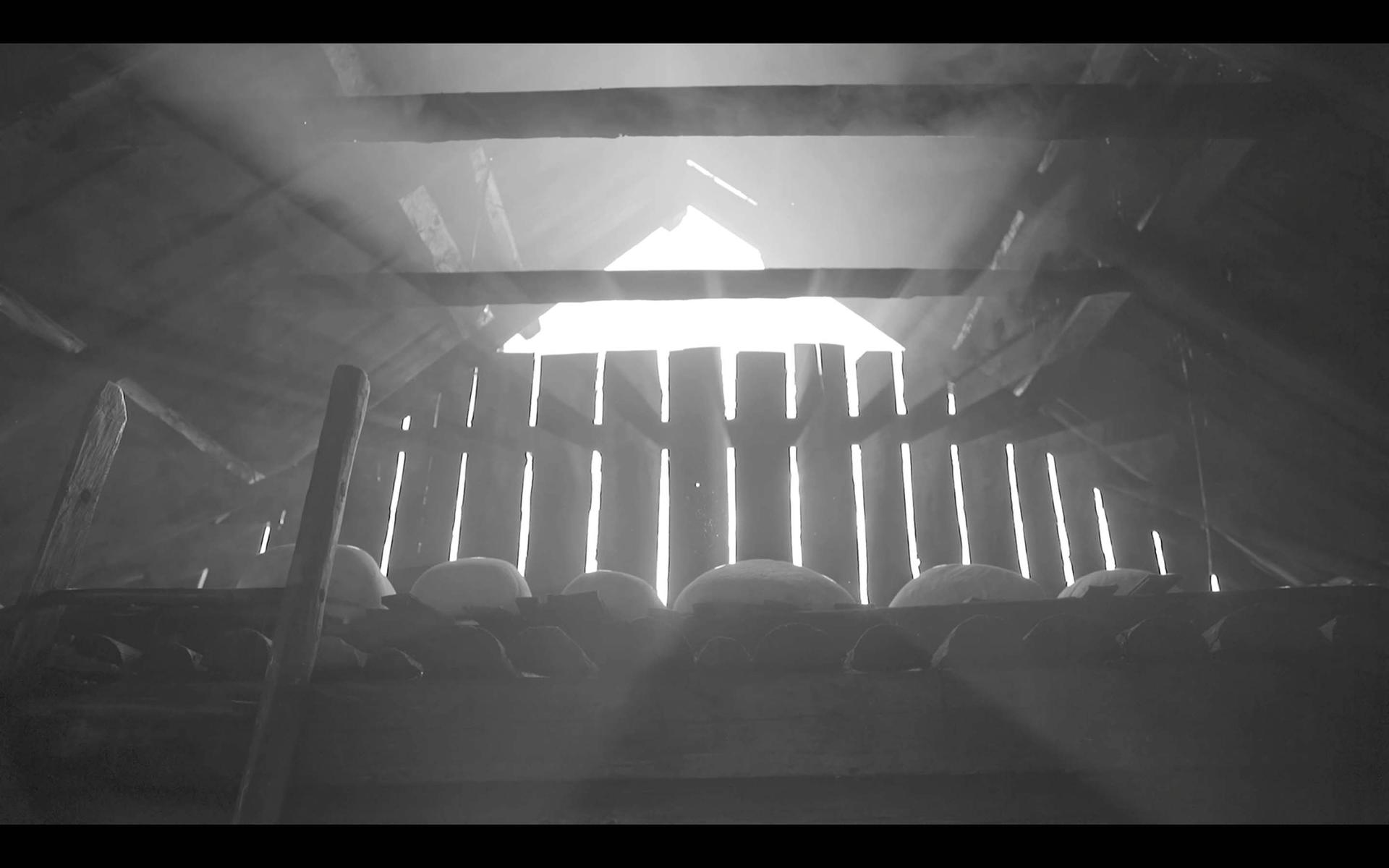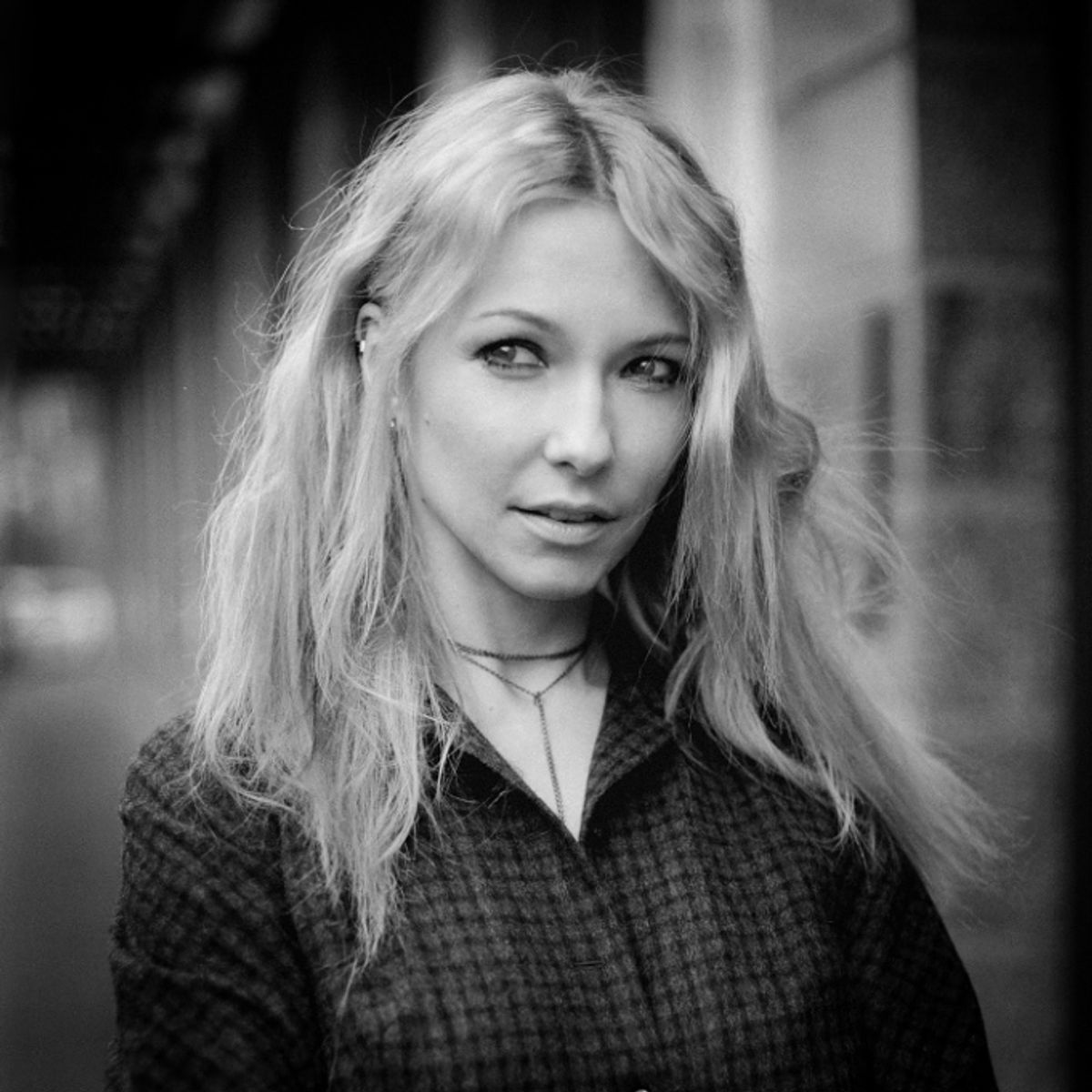One of the Venice Biennale’s official collateral events will still go ahead despite some of the artworks being trapped in Ukraine by the Russian invasion.
The exhibition Without Women by Kyiv-born and -based artist Zinaida comprises two parts. Part one, with three major video works, will open to the public on 23 April at the Associazione Culturale Spiazzi in the Castello district. The second part, a large-scale photo-based installation, is still in Ukraine and is unable to be transported to Venice due to the war. The curators and artist hope to install the work sometime in the future, if and when there is an end to the hostilities.
“The planning was actually going quite well,” says the exhibition’s curator, Peter Doroshenko. “But I never expected the catastrophe that’s happening in Ukraine right now. Nor did the artist.”
“Zinaida was doing a site visit in Venice right before the war broke out and she was supposed to get on a plane the next day, but obviously there were no planes going back to Ukraine from Venice. So she is with friends in France. And the rest of her studio team is in Kyiv, or outside of Kyiv, and that includes video people, editors, her studio manager, etc etc.”
Despite the war, Zinaida’s team is still working, says Doroshenko, who is currently the director of Dallas Contemporary in the US, but spent four years as director of the Pinchuk Arts Centre in Kyiv. Their feelings “started out with shock, and now it’s gone into ‘OK let’s do it’, very positive. Then with the last three days of news from Bucha, with the civilian killings, it’s morphed into anger.”

A still from Without Women by Zinaida Courtesy the artist
Zinaida’s work focuses on different aspects of Ukrainian culture and iconography. For Without Women, she visited the Carpathian mountains and filmed traditional sheep-herders during their long and isolated treks through the vast countryside.
The war has heightened the importance of this kind of work, Doroshenko says. “Because museums outside of Kyiv are being destroyed, including rare works by very popular and important folk artists, traditional artists. Sculptures are being vandalised in the smaller cities in the south. These things can be repaired but it’s going to take one or two generations. So the whole aspect of the Russian invasion trying to negate what Ukraine is, that means culture is probably more important than ever.”


